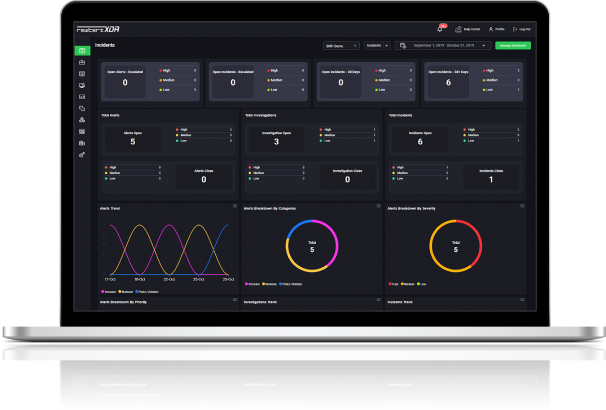

Rewterz Threat Alert – Gustuff Banking Trojan Uses New Tactics
October 22, 2019
Rewterz Threat Advisory – ICS: Schneider Electric ProClima Multiple Vulnerabilities
October 23, 2019
Rewterz Threat Alert – Gustuff Banking Trojan Uses New Tactics
October 22, 2019
Rewterz Threat Advisory – ICS: Schneider Electric ProClima Multiple Vulnerabilities
October 23, 2019Severity
Medium
Analysis Summary
Hackers accessed the internal network of Avast, likely aiming for a supply chain attack targeting CCleaner. The antivirus maker determined that the attacker was able to gain access using compromised credentials via a temporary VPN account. Avast refers to this attempt by the name ‘Abiss’ and says that the threat actor behind it exercised extreme caution to avoid being detected and hide the traces of their intention. The intruder connected from a public IP address in the U.K. and took advantage of a temporary VPN profile that should no longer have been active and was not protected with two-factor authentication (2FA). Researchers observed a malicious replication of directory services from an internal IP that belonged to Avast’s VPN address range.
The exploited user account did not have the permissions of a domain administrator, indicating that the attacker achieved privilege escalation. The logs further showed that the temporary profile had been used by multiple sets of user credentials, probably obtained via credential theft. Suspecting CCleaner as the targeted asset, Avast on September 25 stopped the upcoming updates for the software and started to check prior releases for malicious modification. Avast has reset all employee credentials, with further steps planned to improve overall business security at Avast.
Impact
- Privilege Escalation
- Credential Theft
Affected Vendors
Avast
Affected Products
CCleaner versions 5.57 through 5.62
Remediation
To ensure that no risk comes to its users, the company re-signed an official CCleaner release 5.63 and pushed it as an automatic update on October 15.
Additionally:
- Users should enable 2FA on VPN accounts.
- Users should reset credentials from time to time.
- As a security best practice, all software should be immediately updated to latest secure releases.








